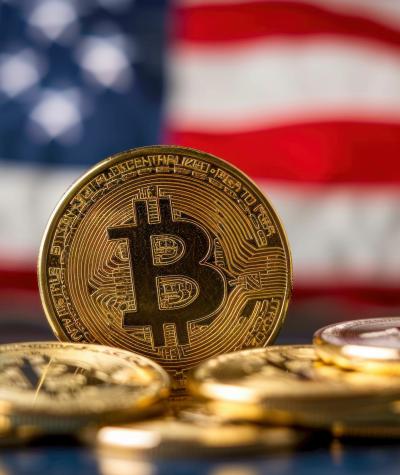Cryptocurrency companies have reportedly made more political contributions than any other industry thus far in the 2024 election cycle, spending close to $119 million as of the most recent available reporting.
In particular, the industry is pouring money into contributions supporting senators and Senate candidates who back the fast-growing financial technology.
Such a strategy can create situations in which senators and candidates act unethically to receive this support; as a former crypto executive recently said, “[a]ttacking crypto means risking your seat.”
It is critical that the Senate Ethics Committee, which is charged with enforcing the laws and regulations intended to build voters’ trust that their elected officials act without conflicts of interest, keep a close eye on whether candidates and contributors are following those laws and rules.
Unfortunately, the Senate Ethics Committee appears to be fully abdicating its responsibility to do so.
For proof, look no further than the actions of Senators Cynthia Lummis (R-WY) and Kirsten Gillibrand (D-NY), who seem to be testing the boundaries of the Senate standards of conduct — which prohibits linking campaign fundraising with official acts.
Earlier this year, Sen. Lummis’ campaign fundraising created at least the appearance of a link with official acts based on the timing of when she began receiving contributions from the crypto industry and when she introduced a crypto-related bill.
Sen. Lummis began receiving crypto contributions between February and April 2024, with an especially active period between March 13 and April 5, when her committee received a total of $51,400 in contributions tied to the crypto industry.
Less than two weeks after that period, Sens. Lummis and Gillibrand introduced the Lummis-Gillibrand Payment Stablecoin Act, which the crypto industry lobbied in support of.
This is not the first close connection between Sen. Lummis’ fundraising and bill introduction: In 2022, she and Sen. Gillibrand created the appearance of a link between fundraising and official acts when they created a joint fundraising committee called the Financial Innovation Victory Committee just prior to introducing the Lummis-Gillibrand Responsible Financial Innovation Act.
Both senators attended a Financial Innovation Victory Committee fundraiser four days after the bill’s introduction. The fundraiser was hosted by crypto company Multicoin Capital and its general counsel.

These events were so close in time that it is difficult to see how they do not implicate the Senate ethics rules:
- May 3, 2022: Financial Innovation Victory Committee established.
- June 7, 2022: Lummis-Gillibrand Responsible Financial Innovation Act introduced.
- June 11, 2022: Financial Innovation Victory Committee fundraiser held.
For reference, the Senate Ethics Committee has previously stated that although the appearance of a link between fundraising and official acts is not a criminal violation and may even be done without corrupt intent, it deserves the “fullest, strongest, and most severe sanction which the Committee has the authority to impose.”
If the Senate Ethics Committee were to fulfill its responsibility and uphold the integrity of the Senate, it would provide guidance and clarity to senators so that they could know how to avoid such appearances of impropriety in the future — the vague statements in the current Senate code of conduct are not sufficient.
A senator is in a position of public trust, and the public has a right to know that their elected officials are acting on their behalf, not on behalf of wealthy and powerful special interests contributing to their campaigns.
However, given that we are less than two months from the 2024 election and the Senate Ethics Committee has been silent, any action seems unlikely.
The fact that this conduct continues to occur unchecked by the Ethics Committee is proof that, if there is any hope for restoring public trust in Congress, the Senate needs its own independent ethics body to conduct investigations.
Without the resources or political will to address possible wrongdoing, voters have little reason to expect that the Senate will hold its members accountable.


